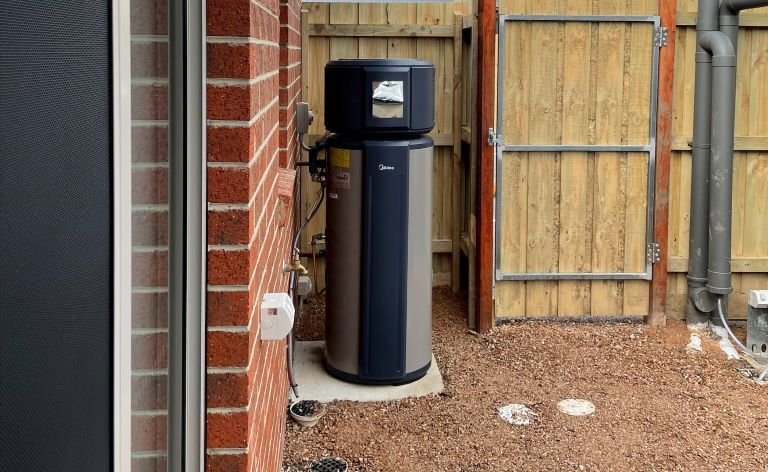Searching for a new home? As you tour beautiful kitchens and stunning bathroom finishes, it’s easy to forget about less glamorous things like the hot water system. But as per experts at Same day hot water service, this utility is far too vital to overlook in a new home purchase. Keep reading to understand why a quality hot water system should be a top priority.
The Critical Role of Hot Water in Your Home
It’s something we take for granted until it’s not there – access to hot water whenever we need it. But we use hot water for far more than we realize. From cooking to cleaning and hygiene, it’s an essential element of daily home life.
Just imagine a day without hot water. No comfortable showers. No freshly brewed coffee or tea. Hand washing dishes in icy cold water. Laundry doesn’t get fully clean. Having to boil water just to take a sponge bath. It’s easy to see how dramatically our standard of living diminishes without reliable hot water.
When buying a home, most people focus on visible things like the kitchen or bathrooms. But don’t let the hot water system slide under the radar. Be diligent now to avoid headaches, hazards, and repairs later. Keep reading for guidance on inspecting this vital utility in a potential new home.
Assessing the Hot Water System’s Condition
Before you make an offer on a home, carefully assess the hot water system first. Here are key things to look into:
- Age of the unit – Older systems face more wear and may need replacing soon. Ask when it was installed and the typical lifespan.
- Tank vs tankless – Understand the type of system and its pros and cons for your needs.
- Size – Make sure the tank or heater is adequately sized for the home’s number of bedrooms/bathrooms.
- Leaks – Inspect pipes and joints for any drips or corrosion that signal leaks.
- Water quality – Check for rusty colored water that may indicate rusting components.
- Water pressure – Ensure adequate pressure from faucets and showerheads.
- Efficiency rating – Request energy efficiency ratings to understand costs.
Don’t hesitate to hire a professional inspector to thoroughly examine the hot water unit. Discovering issues now is far better than after closing.
Ask About Maintenance History
Along with assessing the condition, inquire about prior maintenance. Well maintained systems have longer lifespans. Key questions include:
- How often has it been serviced by a plumber?
- Have components like heating elements been replaced as needed?
- Are mineral deposits present from lack of flushing?
- Have leaks occurred and been properly repaired?
- Does it provide reliable temperature and pressure?
Ideally request maintenance records from the seller too. This offers reassurance about upkeep.
Consider Lifespan and Warranty Coverage
Another key factor is the expected lifespan and warranty coverage. The average water heater lasts 8-12 years, but may fall short or exceed this. Review the manual to learn the unit’s designed lifespan.
Also find out if the existing warranty transfers to you as the buyer. Or has it expired? Understanding remaining coverage helps you anticipate costs.
Plan and Budget for Eventual Replacement
Even if the system seems satisfactory now, eventually it will need replacement. Factor this major future cost into your home buying budget. Replacing both the tank and installation can run $1,000 to $4,000.
Also think about your needs – a growing family or more bathrooms may require upsizing in the future.
Beware of DIY or Quick Fixes from Sellers
Sometimes sellers try band-aid fixes to temporarily resolve hot water problems. But DIY repairs often just mask underlying issues. And cheap, inferior units fail quicker.
Stick to your guns for a professional inspection before purchase. This avoids inheriting headaches down the road.
Conclusion
A home’s hot water system impacts daily quality of life and carrying costs. Yet it’s easy to gloss over during the excitement of a new home purchase. Don’t let this vital utility fall to the bottom of priority list. Do your due diligence through professional inspections and asking key questions. Taking the time now prevents problems in the future.
